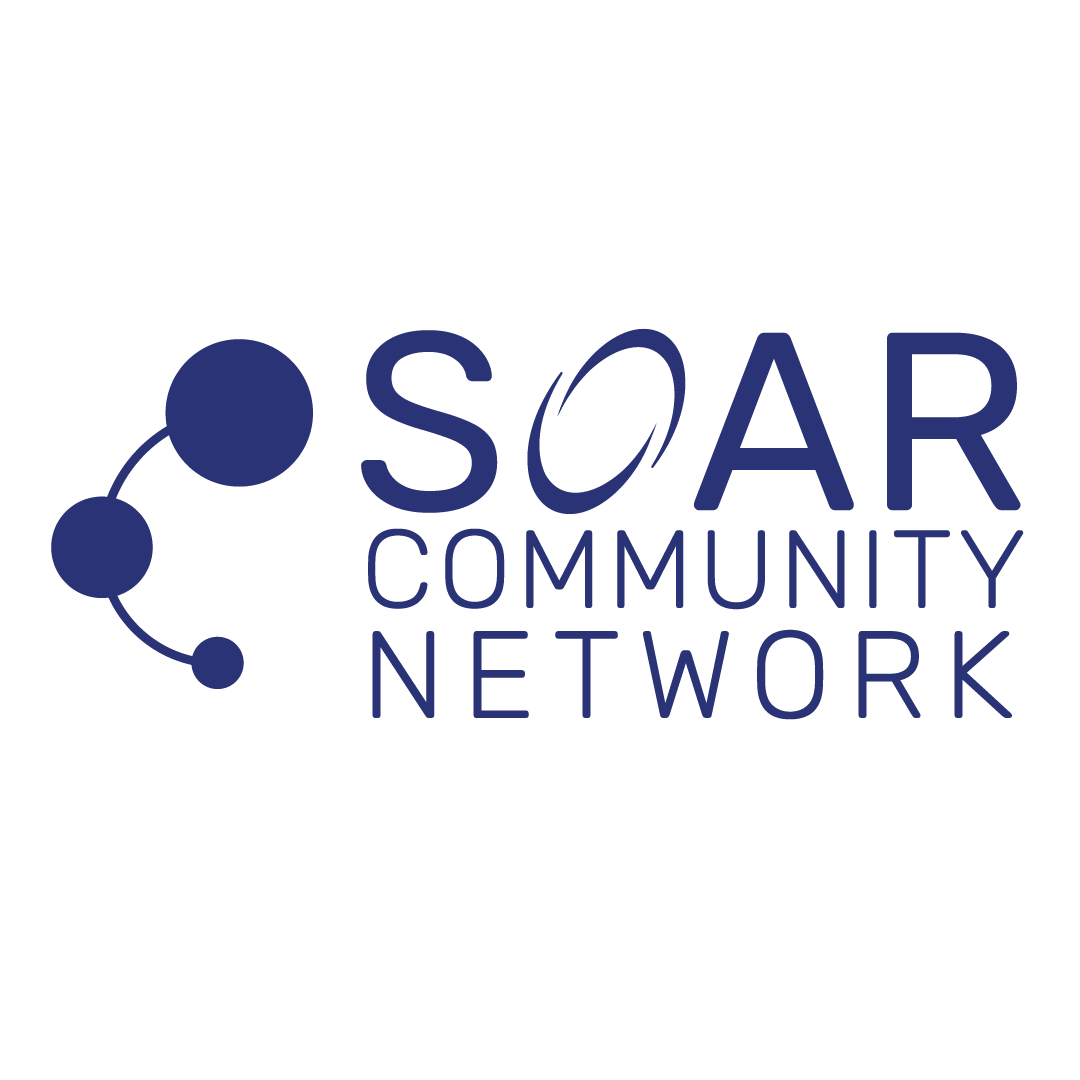Challenge:
Scaling your Community Development Financial Institution (CDFI) is essential for expanding your impact and fulfilling your mission. However, this growth can be challenging without a strategic approach to team development. Let’s explore the challenges, the solutions, and the actions you can take to scale your CDFI effectively through strategic team development. Many CDFIs face significant obstacles when it comes to scaling their operations:
- Lack of Alignment with Vision, Mission, and Core Values: Without a clear and shared understanding of the organization’s vision, mission, and core values, team efforts can become fragmented, leading to inefficiencies and misaligned priorities.
- Underutilization of Behavioral Strengths: Failing to recognize and leverage the unique behavioral strengths of team members can result in suboptimal performance and reduced productivity.
- Insufficient Continuous Learning Opportunities: Without ongoing training and development, team members may not acquire the necessary skills to adapt to new challenges, limiting the organization’s ability to scale effectively.
Solution:
Addressing these challenges involves aligning team efforts with organizational goals, leveraging behavioral strengths, and investing in continuous learning. Here’s how:
- Align with Vision, Mission, and Core Values: Ensure every team member understands and is committed to the organization’s vision, mission, and core values. This alignment fosters a unified direction and purpose, ensuring that all efforts contribute to the organization’s overarching goals.
- Leverage Behavioral Strengths: Identify and utilize the unique behavioral strengths within your team. Aligning these strengths with specific roles can significantly enhance productivity and efficiency. Recognizing and leveraging these strengths ensures that team members are placed in roles where they can excel and contribute most effectively.
- Invest in Continuous Learning: Provide ongoing training and development opportunities to up-skill your team. This not only boosts individual capabilities but also strengthens overall team performance. Continuous learning ensures that team members remain adaptable and equipped to handle evolving challenges.
The Action:
Implementing these solutions involves specific actions that can be integrated into your organization’s practices:
- Conduct Alignment Workshops: Facilitate workshops with your team to clearly define and communicate the organization’s vision, mission, and core values. Ensure that all team members understand their roles in achieving these goals and how their efforts contribute to the larger mission. This alignment fosters a cohesive and focused team.
- Use Behavioral Assessments: Conduct assessments to identify the unique behavioral strengths within your team. Assign roles and responsibilities that align with these strengths to maximize productivity and efficiency. Providing team members with roles that suit their natural abilities fosters a more engaged and effective workforce.
- Implement Continuous Learning Programs: Offer continuous learning programs to up-skill your team. These programs should focus on building essential skills and knowledge that are critical for scaling operations. By investing in your team’s development, you create a culture of continuous improvement and adaptability.
Outcomes:
By strategically developing your team, your CDFI can achieve several important outcomes:
- Enhanced Alignment and Focus: A team that is aligned with the organization’s vision, mission, and core values works more cohesively towards common goals. This ensures that all activities are strategically directed towards achieving the mission of the CDFI.
- Increased Productivity and Efficiency: Leveraging behavioral strengths ensures that team members are in roles where they can perform at their best. This leads to more efficient operations, better resource utilization, and improved service delivery.
- Improved Adaptability and Resilience: Continuous learning equips team members with the skills and knowledge to adapt to new challenges, ensuring the organization remains resilient and capable of scaling effectively. This adaptability is crucial for responding to the dynamic needs of the communities served.
- Greater Financial Stability and Growth: Efficient operations and effective team alignment contribute to better financial management and growth. By optimizing resource use and improving service delivery, CDFIs can enhance their financial stability and expand their impact.
- Enhanced Community Impact: With a well-developed team, CDFIs can more effectively deliver services, meet community needs, and drive economic development. This leads to tangible improvements in community well-being and economic opportunities for underserved populations.
Conclusion:
Scaling your CDFI requires a strategic approach to team development. By aligning team efforts with organizational goals, leveraging behavioral strengths, and investing in continuous learning, you can effectively scale your operations and achieve greater impact.
Our C3 Framework, designed to foster compassionate, cohesive, and collaborative cultures, provides the foundation for these solutions, ensuring long-term success and impact.
Explore Your Behavioral Style
Unlock your team's full potential by taking our behavioral assessment. This powerful tool provides insights into each team member's unique strengths and behavioral styles. With this knowledge, you can foster a more cohesive, compassionate, and collaborative work environment. Plus, enjoy a free 30-minute explanation session on behavioral styles and how they can enhance your team's performance. Start your journey towards a high-performing team today!

